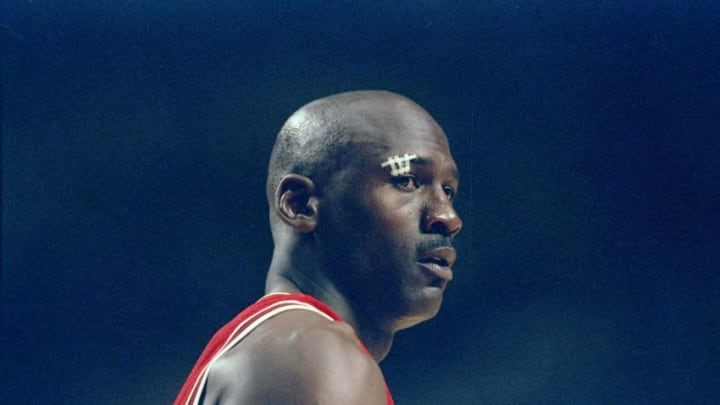In what was clearly a much different era, The Last Dance tells us how Michael Jordan subverted the Chicago Bulls’ wishes in his injury rehabilitation.
Sometimes will power overrides what we know is in our best interests. The Last Dance eloquently told the story of how Michael Jordan handled sitting out 64 games in his sophomore season.
His mom described how the organization and even his parents “couldn’t keep him off the bench.”
Jordan’s eagerness to get back on the court as soon as possible drove him to lie to the Chicago Bulls organization, convincing them to let him “go back to college.”
Instead, he went to work.
He may have gone back to Chapel Hill, but he did so to create his own rehab program. He worked hard in the weight room then ultimately increased the intensity level to play one-on-one and eventually full court games.
But he never told the Bulls front office.
It goes to the core of who Michael Jordan was.
He was the guy who got didn’t make the Varsity squad in high school. He told the University of North Carolina coaching staff he would out-work everyone after a minor challenge. He couldn’t stand losing the attention of his father to his older brother Larry.
After doing everything he could to get back on the court, his final task was to convince the Bulls front office, who was understandably hesitant. They had a budding superstar who they wanted to protect at all costs.
It’s a debate that evokes passion from all sides in today’s NBA. Players routinely sit out national television games that arguably hurt the bottom line.
Because everything is about winning titles.
Because Michael made it that way.
But the ultra-competitive players don’t always think with such a broad perspective. They just want to play basketball.
And that’s who Michael Jordan was.
He was the living embodiment of the argument against load management.
